1/ This will be the 1st part in a series of threads about Viriathus and Quintus Sertorius, two men who fought fiercely against Rome in Iberia with many parallels on their story and ultimate fate.
Today some context on the Roman invasion of Iberia and the life of Viriathus.
Today some context on the Roman invasion of Iberia and the life of Viriathus.
2/ For most of the Iron Age, Iberia was divided in many tribes. While culture, languages and traditions were diverse, they obviously all shared the common European worldview. Hellenic and Phoenecian city-states dotted the Southern and Eastern coasts, which influenced our culture
3/ This would start changing around the 3rd century BCE, as Carthage conquers the Southern part of Iberia. But by the end of this same century, when the Second Punic War begins in 218 BCE, the Carthaginians swept through Iberia to increase their holdings
4/ This didn& #39;t last long, however, as the Romans defeated Carthage in 201 BCE, never giving the opportunity to Carthaginians to consolidate Iberian land past Tartessos. With Carthage out of the way, Rome inherited their lands, include those of Iberia. Thus, the conquest begins
5/ It& #39;s easy to understand why Rome wanted this Peninsula. We had extremely vast iron and gold mines (the largest open-pit gold mine in the Roman Empire was in Las Médulas), our weather was advantageous and our soil very rich (Spain feeds most of the EU to this day).
6/ The first division of Iberia is made in 196 BCE, with Hispania Ulterior and Hispania Citerior, encompassing Southern and Eastern Iberia. Suffering damage from Carthage and already being in a semi-civilised state, Rome didn& #39;t have much problem conquering these regions
7/ There were still, however, many rebellions by the local tribes which kept the Romans busy and which prevented them from going further into Iberia. However, in 181 BCE, the First Celtiberian War starts. It ends with a stalemate in 179 BCE in favour of Rome
8/ The Celtiberians and other tribes were allowed to keep autonomy, but also couldn& #39;t make advances against Rome. Between 179 BCE and 170 BCE, a boy who would become the greatest hero of the Iberians is born in Lusitania: Viriathus. Until 155 BCE, Iberia remains mostly peaceful
9/ According to legends, Viriathus was born in Serra da Estrela. Most of our places and landmarks are named after him, as well as the fact the legends of some remote villages claim to be his homeland. It is also not known whether Viriathus was a title or his real name
10/ Some suggest it was his real name because we see it appear commonly in Lusitanian anthroponymy. But others suggest it& #39;s a title which means "warrior", "hero" or "virile". His life is also shrouded in legend, but it& #39;s accepted that he was born into a modest household
11/ According to Classical Sources, he began his life as a shepherd and a hunter in the mountains. Later, he turned into banditry, as was common of barbarian Iberians during the Roman occupation of Iberia. It was also custom of the Lusitanians to send their young men to the wilds
12/ Their only objective was to survive the winter by their own. If they came back alive they could own property and marry. Some raided or stole from towns allied to Rome to survive. Viriathus too went through this initiation process, possibly keeping the bandit lifestyle longer
13/ He& #39;s described by Cassius Dio and other authors as having an outstanding physique, but even this nothing compared to his wits. These would come from his constant contact with Nature and his simple life, never being bothered about where he slept or what he ate.
14/ So, what led him to start a war with Rome and why did he became such a hero? That& #39;s what we will find out in the next thread. Sorry for the cliffhanger, I promise the second part won& #39;t take long to come  https://abs.twimg.com/emoji/v2/... draggable="false" alt="😛" title="Face with tongue" aria-label="Emoji: Face with tongue">
https://abs.twimg.com/emoji/v2/... draggable="false" alt="😛" title="Face with tongue" aria-label="Emoji: Face with tongue">
Thank you for reading, and I hope this served as a nice introduction.
Thank you for reading, and I hope this served as a nice introduction.
15/ Continues here: https://twitter.com/Herminius_Mons/status/1270781701279670272">https://twitter.com/Herminius...

 Read on Twitter
Read on Twitter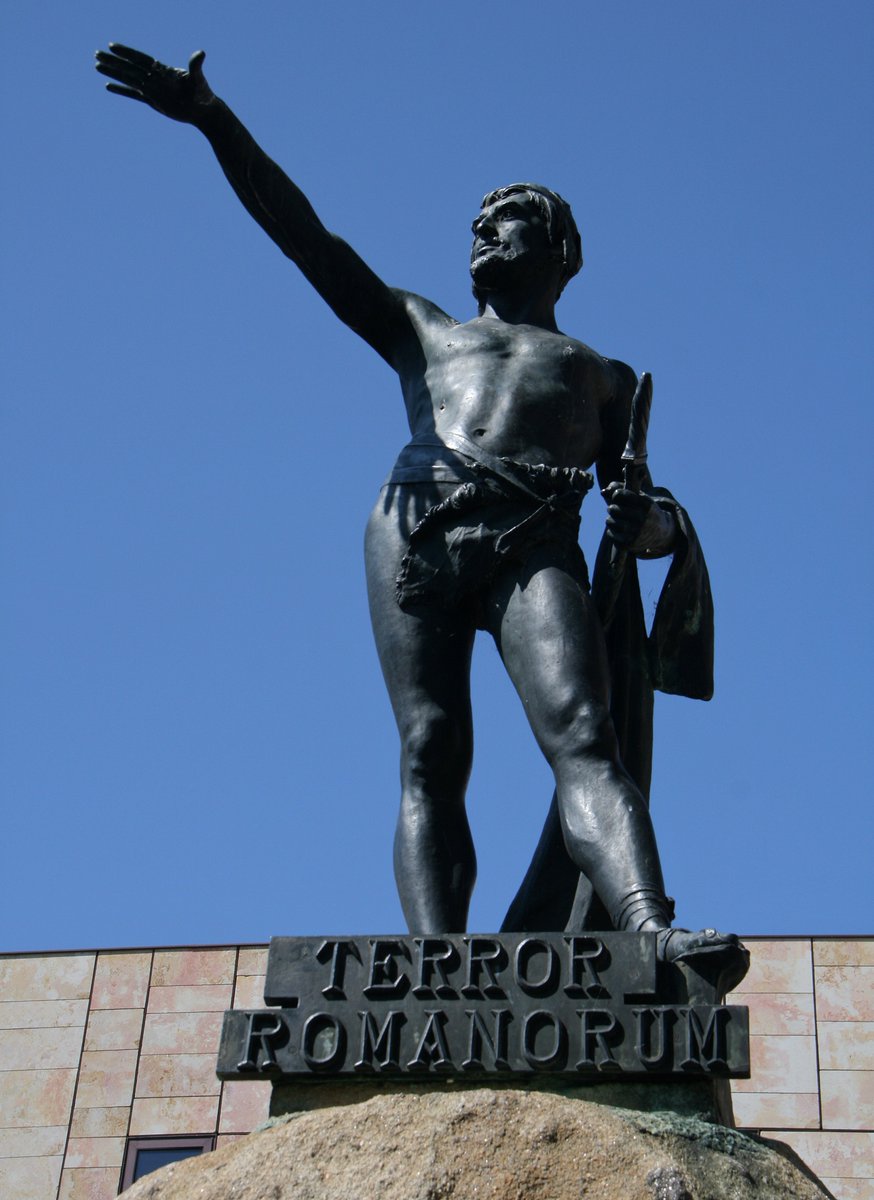


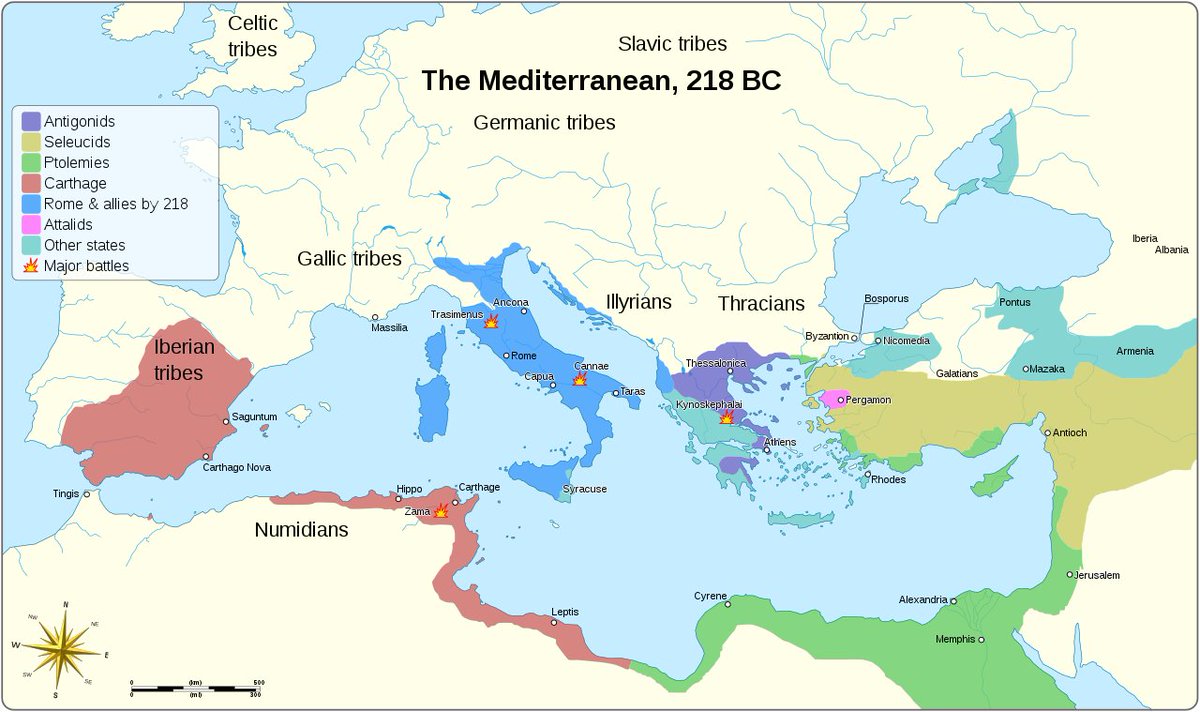

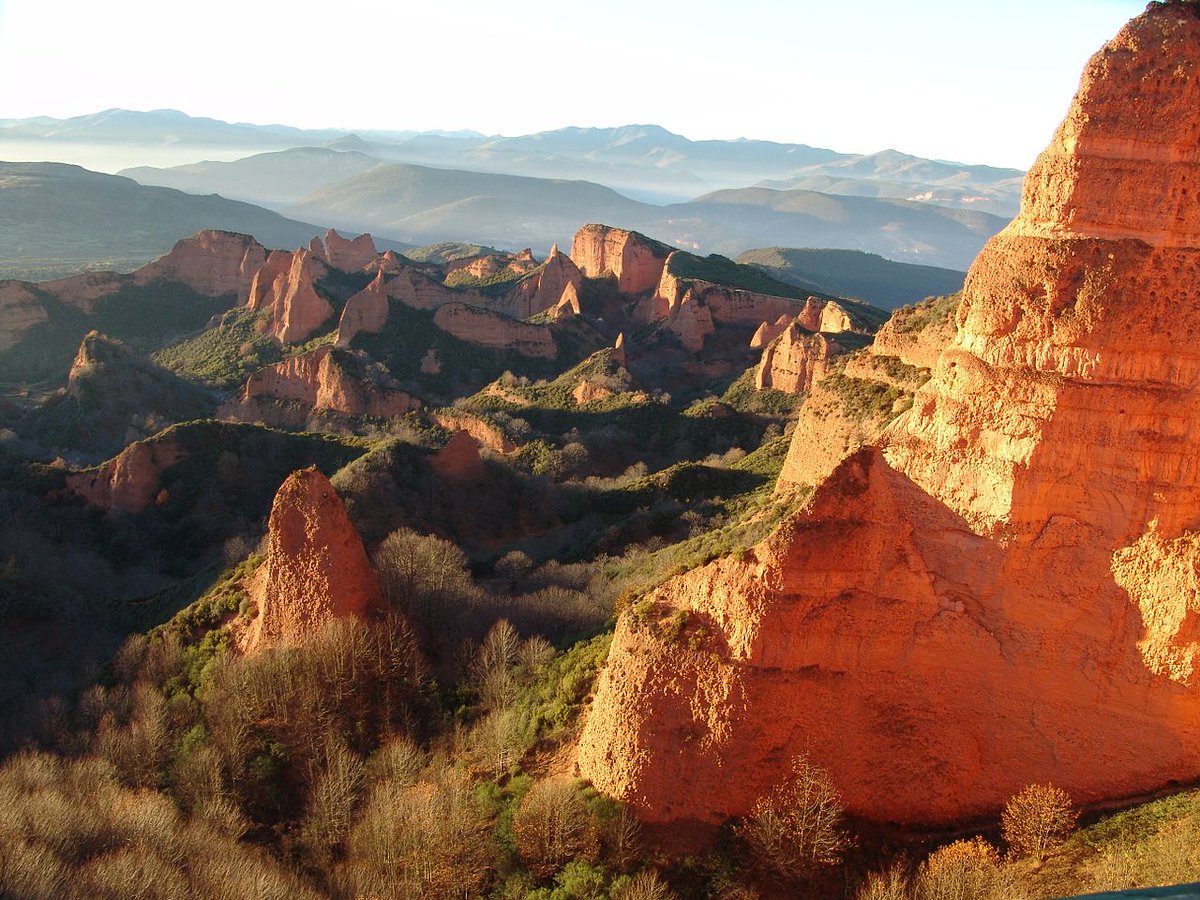
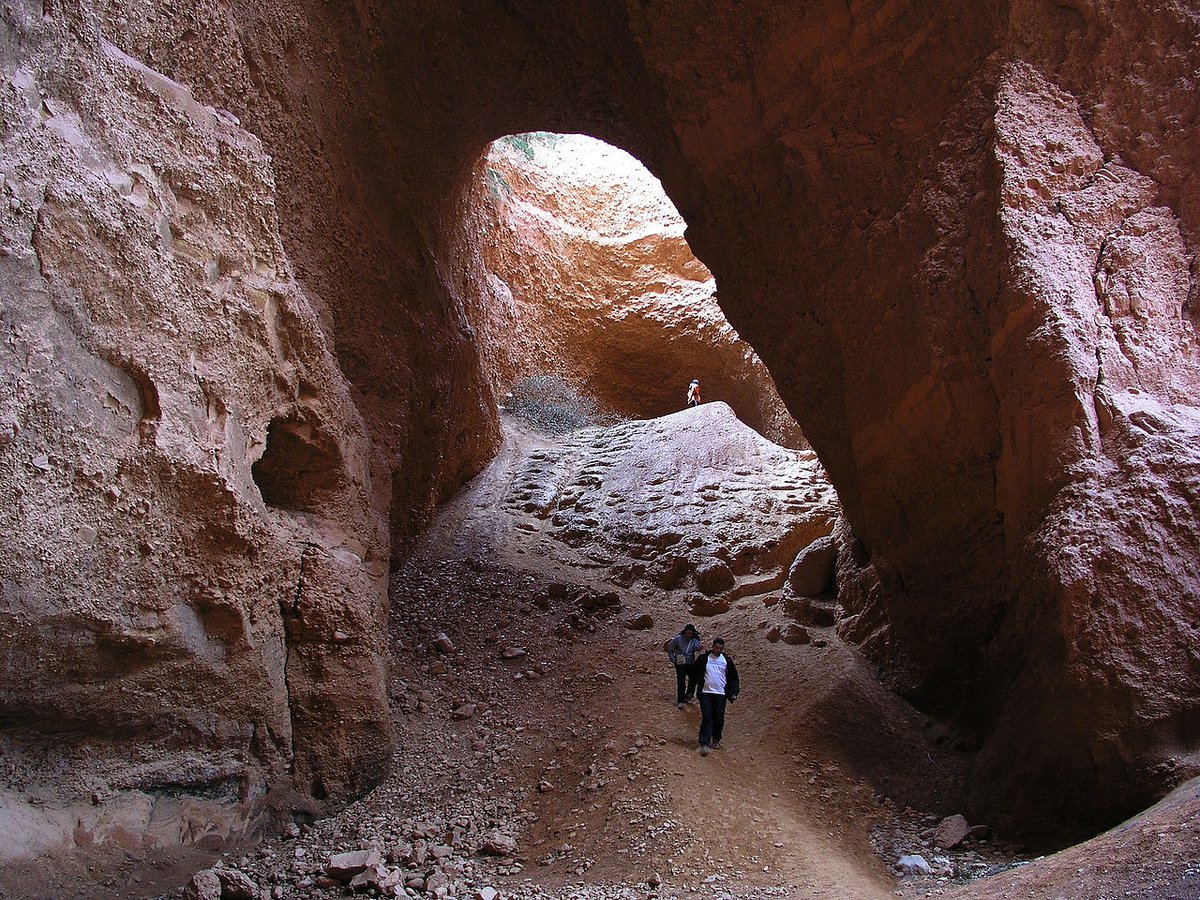
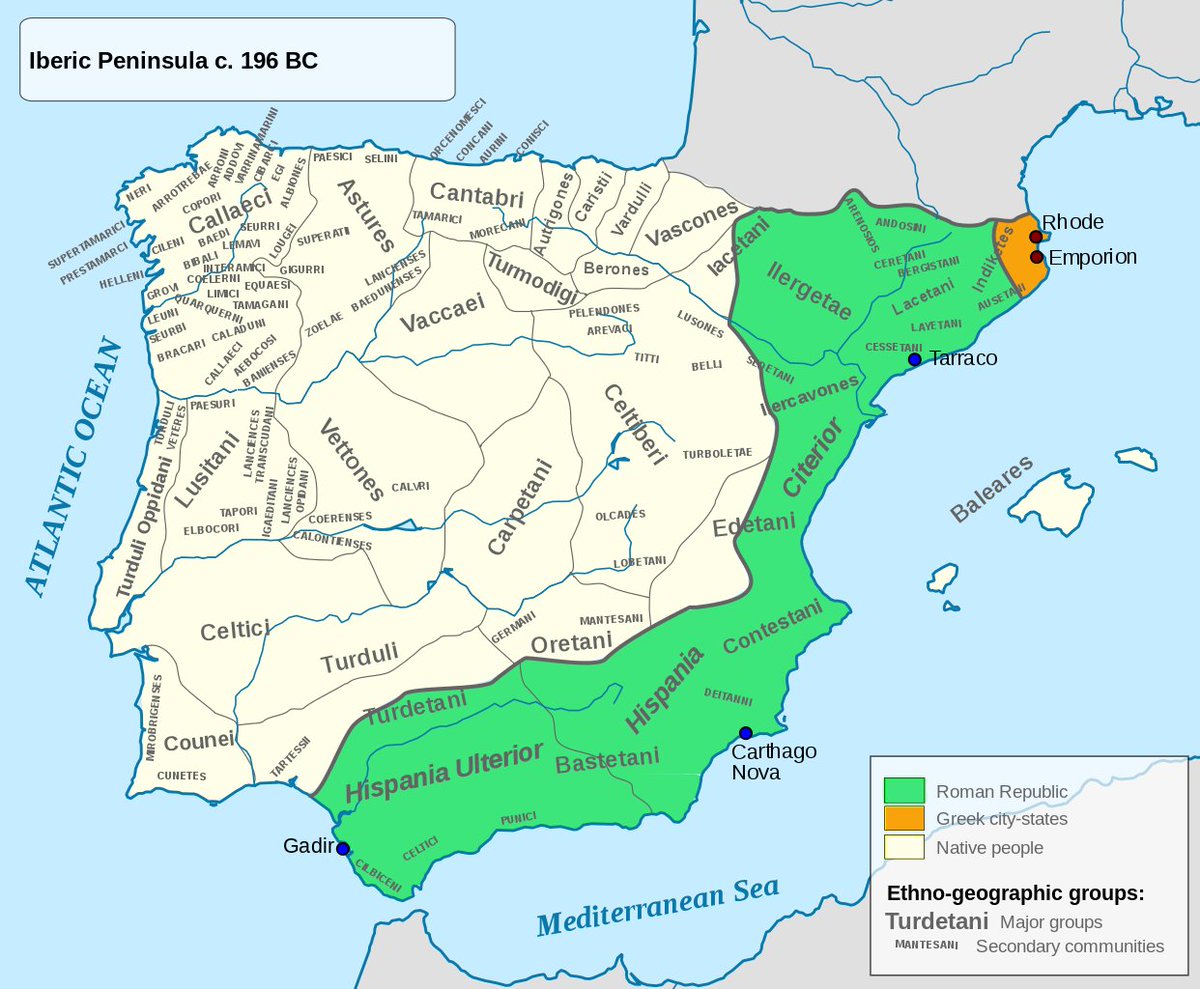

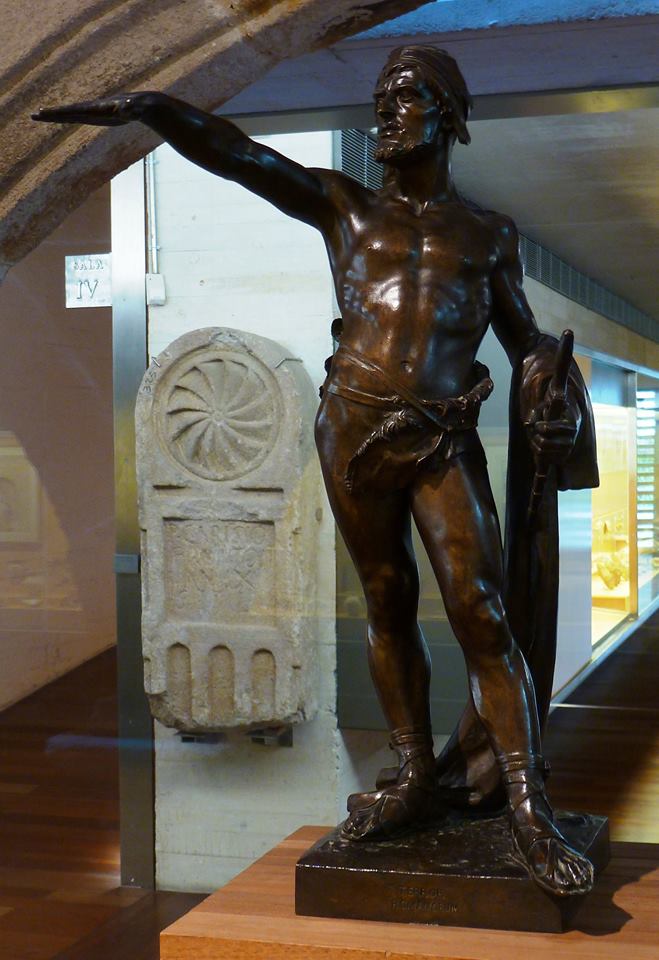

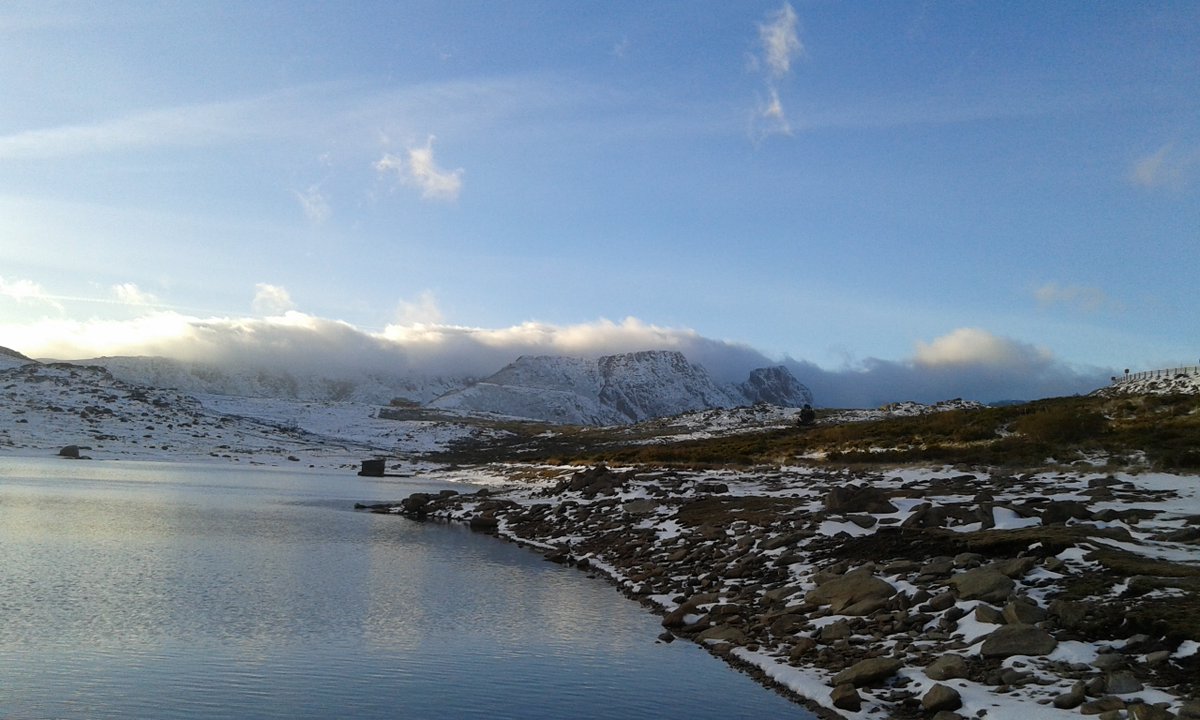
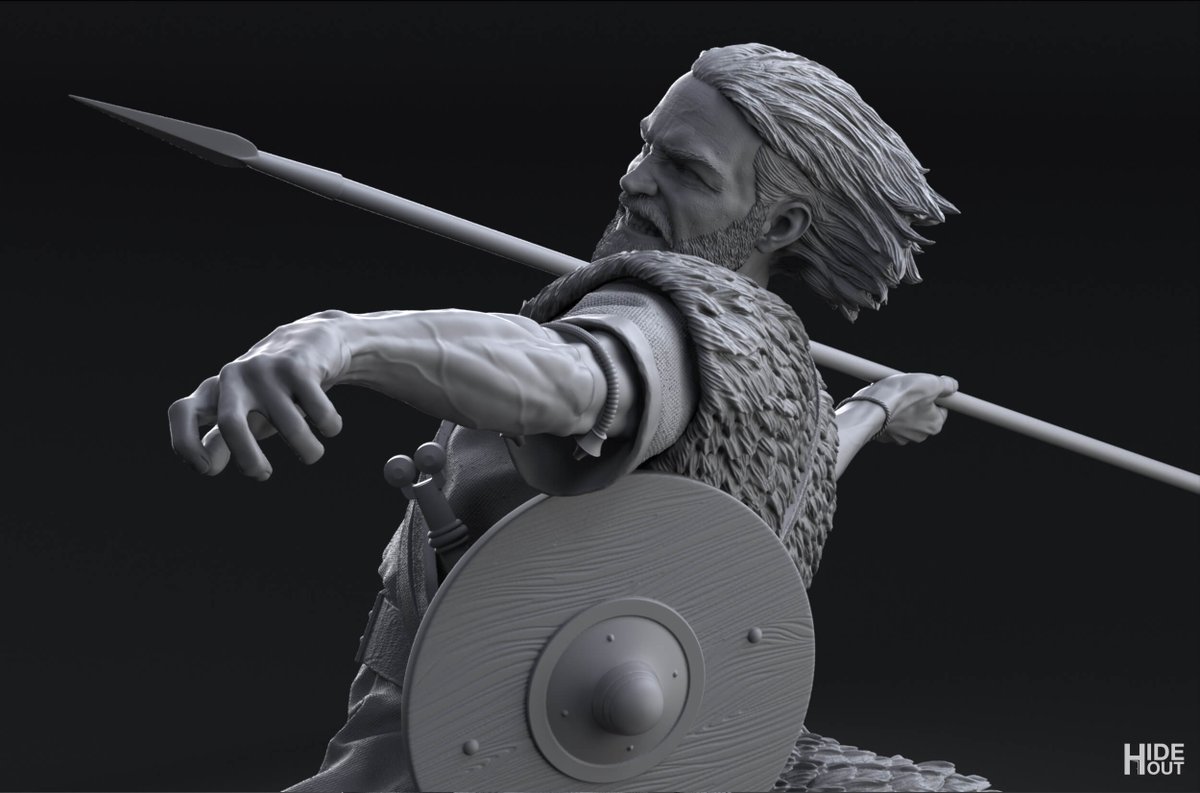



 Thank you for reading, and I hope this served as a nice introduction." title="14/ So, what led him to start a war with Rome and why did he became such a hero? That& #39;s what we will find out in the next thread. Sorry for the cliffhanger, I promise the second part won& #39;t take long to come https://abs.twimg.com/emoji/v2/... draggable="false" alt="😛" title="Face with tongue" aria-label="Emoji: Face with tongue">Thank you for reading, and I hope this served as a nice introduction." class="img-responsive" style="max-width:100%;"/>
Thank you for reading, and I hope this served as a nice introduction." title="14/ So, what led him to start a war with Rome and why did he became such a hero? That& #39;s what we will find out in the next thread. Sorry for the cliffhanger, I promise the second part won& #39;t take long to come https://abs.twimg.com/emoji/v2/... draggable="false" alt="😛" title="Face with tongue" aria-label="Emoji: Face with tongue">Thank you for reading, and I hope this served as a nice introduction." class="img-responsive" style="max-width:100%;"/>


